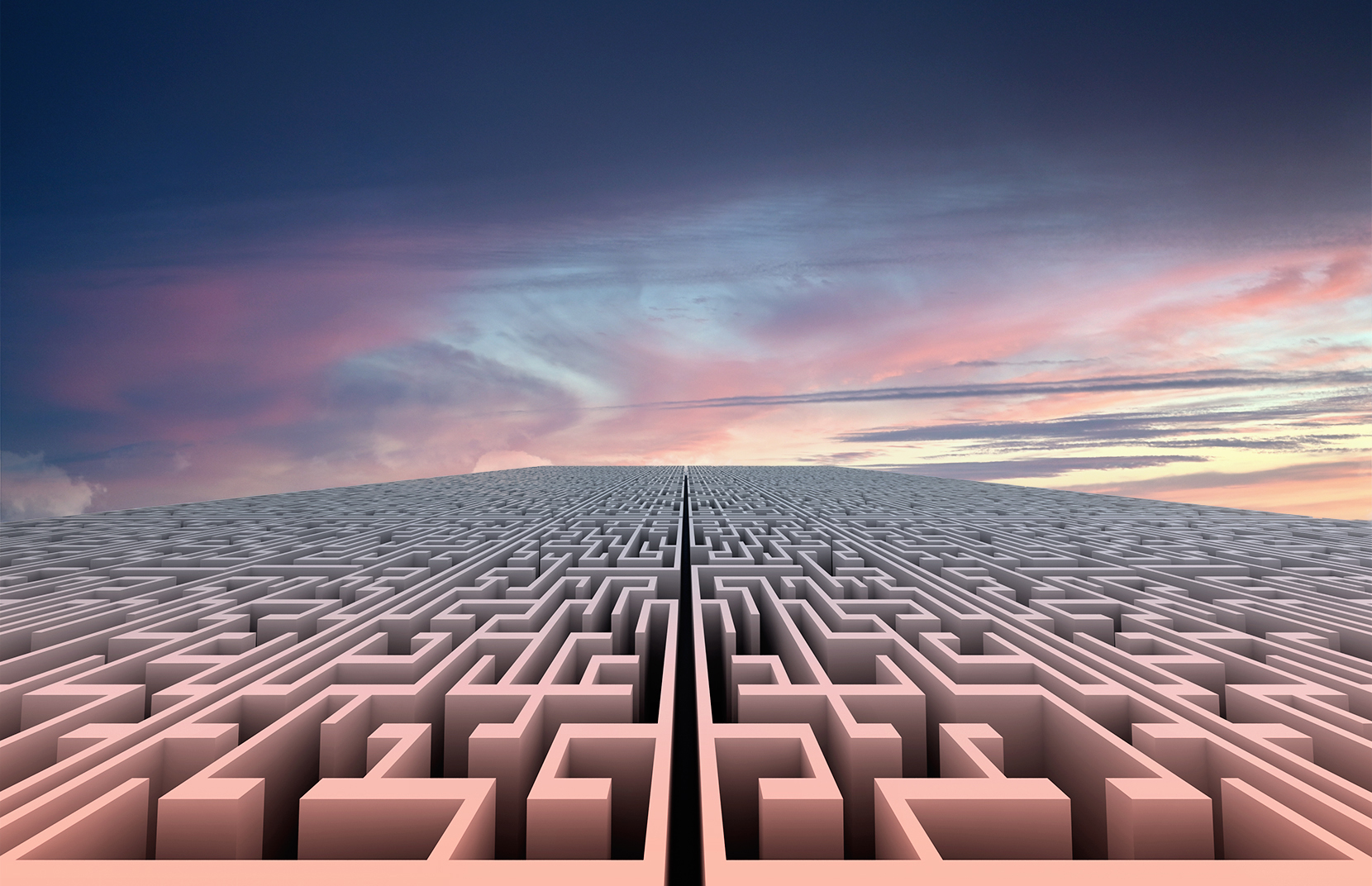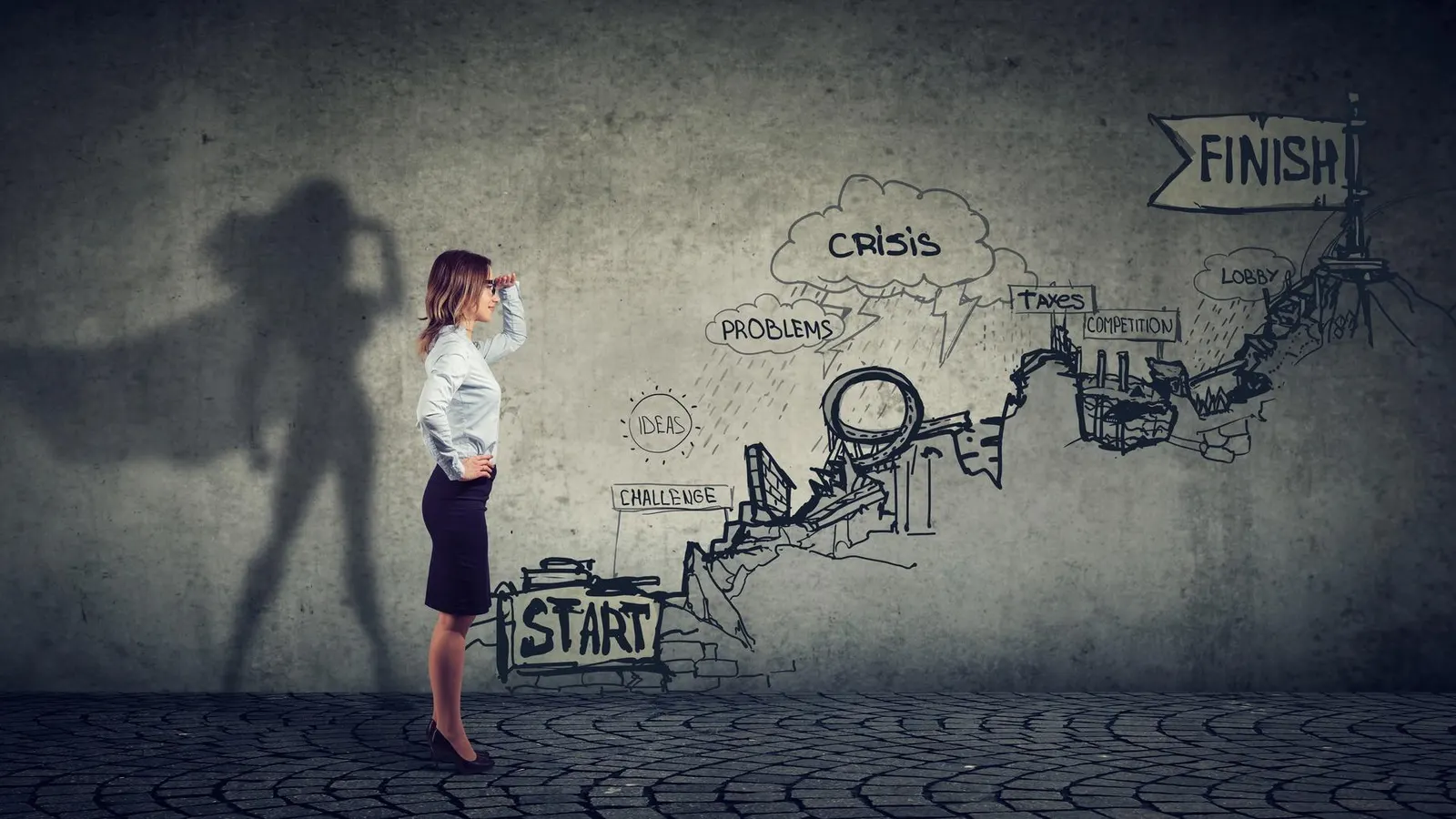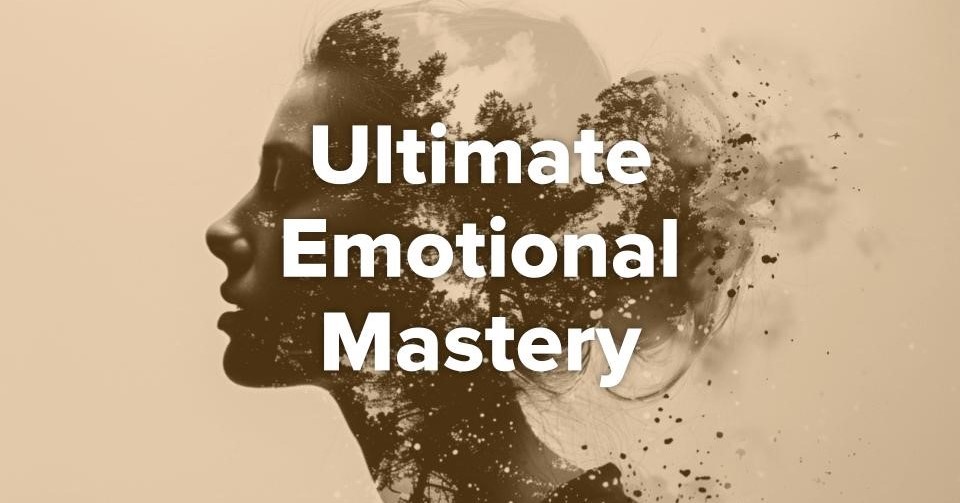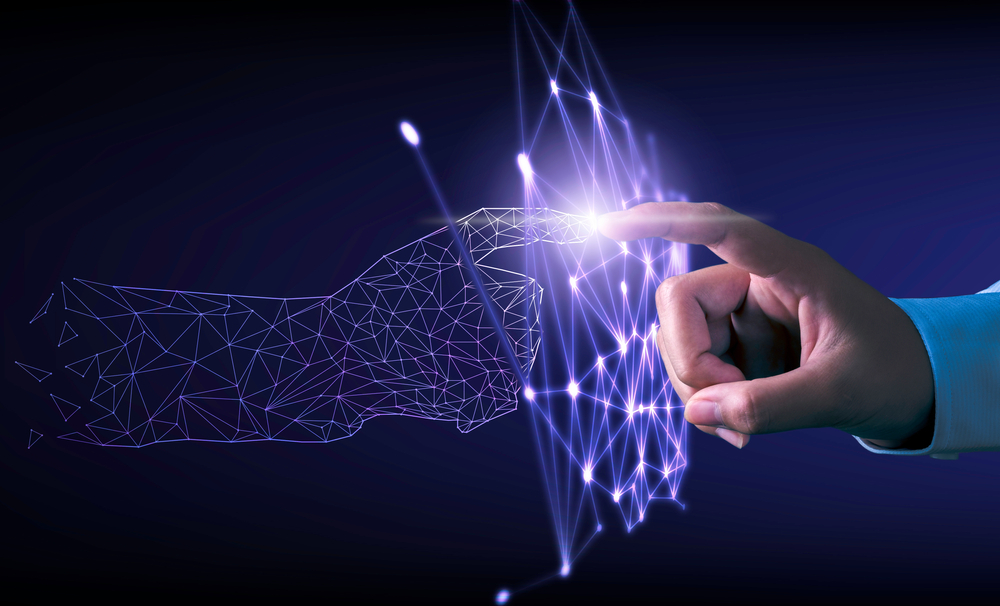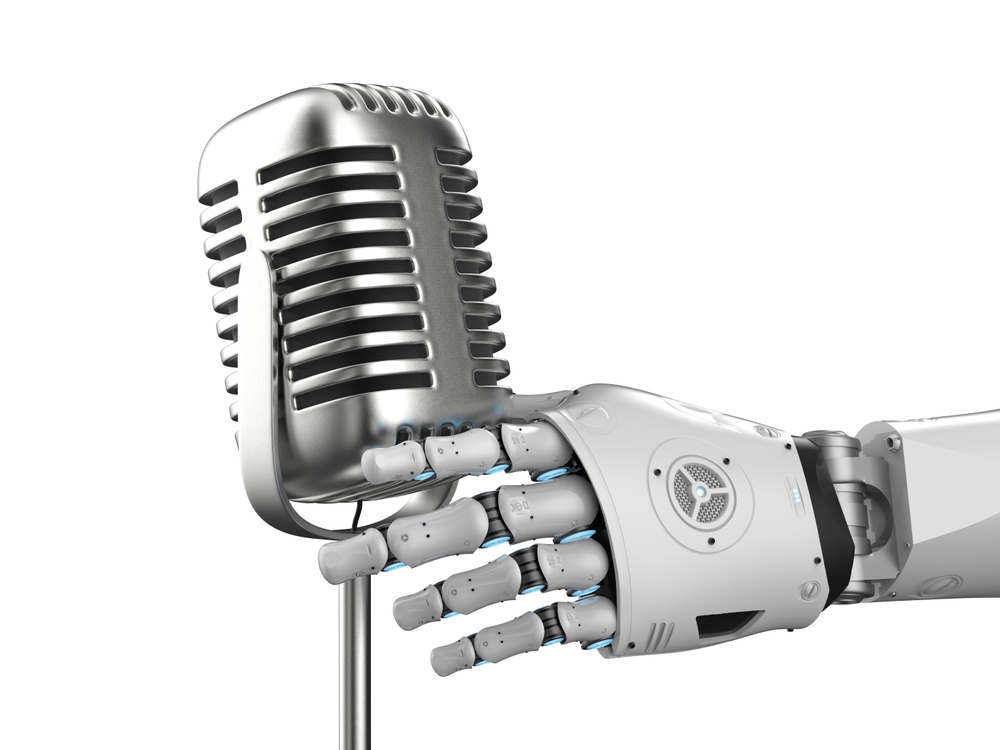
Lights, Camera, Algorithms: How AI is Transforming Media & Entertainment
AI – The Ultimate Content Creator?
Once upon a time, Hollywood moguls, TV producers, and music executives decided what content we consumed. Today? Algorithms do a lot of that thinking for us.
From recommending the next binge-worthy show to generating deepfake actors, composing music, and even writing scripts, Artificial Intelligence (AI) has become a key player in the media and entertainment industry. But is AI the creative partner we've always needed, or is it quietly plotting to replace human artists altogether?
Let’s dive into how AI is reshaping entertainment; with real-life examples, challenges, successes, and maybe even a few existential questions about the future of creativity.
-
AI in Content Recommendation: Knows You Better Than You Do
Ever wondered how Netflix, YouTube, or Spotify always seem to know exactly what you want to watch or listen to? That’s AI working its magic.
Case Study: Netflix’s AI-Powered Recommendation Engine
Netflix uses machine learning algorithms to analyze:
- Your watching history (yes, even that guilty-pleasure reality show).
- What similar users watch.
- Time of day, device type, and even how long you hovered over a title.
- With this data, Netflix predicts what you’re most likely to watch next; keeping you glued to the screen for "just one more episode" (which turns into five).
Success:
Netflix’s recommendation system drives 80% of its watched content, saving the company over $1 billion annually in customer retention.
The Challenge:
AI can recommend what’s popular, but can it introduce fresh, diverse content outside of your usual preferences? For now, human curators still have a role to play.
-
AI in Film & TV Production: The Virtual Director
AI is no longer just behind the scenes, it’s now shaping how movies and TV shows are made.
Case Study: Warner Bros. and AI-Driven Greenlighting
Warner Bros. partnered with an AI startup to predict box office success before committing to a film.
The AI analyzes:
- Past box office performance of similar movies.
- Star power and director influence.
- Market trends and audience sentiment.
Result? AI doesn’t decide what gets made, but it provides data-driven insights to help executives minimize risks.
Success:
AI-powered predictions have helped studios avoid massive box office flops and focus on content that audiences actually want.
The Challenge:
What happens when AI-driven formulas dictate too much? Could we end up with less originality and more recycled content?
-
AI-Generated Music: Can a Machine Make a Hit Song?
Would you listen to a song composed entirely by AI? Well, you already might have.
Case Study: AI Composers in the Music Industry
Platforms like OpenAI’s MuseNet and Sony’s Flow Machines can generate original music in different genres. In fact, Flow Machines helped produce "Daddy’s Car," a song composed in the style of The Beatles — entirely by AI.
Success:
- AI-generated music is being used in video games, film scores, and advertisements, reducing production costs.
- Spotify uses AI to create "Made for You" playlists, blending human curation with algorithmic precision.
The Challenge:
AI can compose music, but can it replicate human emotion and artistic intent? And what happens when AI-generated music starts topping the charts?
-
AI in Gaming: Smarter NPCs and Adaptive Gameplay
AI isn’t just improving game graphics; it’s revolutionizing how games respond to players in real-time.
Case Study: Rockstar Games and AI-Powered NPCs
Games like Red Dead Redemption 2 and Cyberpunk 2077 use AI-driven characters (NPCs) that:
- Learn from player behavior to create dynamic interactions.
- Adjust difficulty levels in real-time.
- Generate lifelike conversations and reactions.
Success:
AI makes gaming worlds more immersive, unpredictable, and intelligent, leading to more engaging experiences.
The Challenge:
AI-generated NPCs are impressive, but some players worry that AI-driven content could replace human-crafted storytelling in games.
-
Deepfakes & AI in Visual Effects: The Rise of Virtual Actors
AI is changing how actors appear on screen;sometimes, without them even being present.
Case Study: The Mandalorian’s AI-Generated Young Luke Skywalker
Instead of hiring a new actor, Disney used deepfake AI technology to recreate a young Mark Hamill as Luke Skywalker.
Similarly, AI has been used to digitally de-age actors (e.g., Robert De Niro in The Irishman).
Success:
AI-driven effects reduce production costs and make impossible scenes visually believable.
Actors can "star" in new films long after retirement.
The Challenge:
Where do we draw the ethical line? If AI can resurrect deceased actors or create fake performances, how do we protect creative authenticity?
Challenges of AI in Media & Entertainment
Even Hollywood’s smartest AI faces roadblocks:
- Lack of Human Creativity – AI can analyze trends, but it still struggles with true originality.
- Ethical Concerns – AI-generated deepfakes could be used for misinformation or unauthorized content.
- Job Displacement – AI is automating parts of writing, music, and film production, raising concerns about job security for creatives.
- Over-Reliance on Algorithms – If AI only recommends what’s popular, will we lose access to independent, diverse, and experimental content?
What’s Next? The Future of AI in Entertainment
AI-Generated Films & TV Shows – AI could write entire scripts, generate characters, and even direct movies.
Personalized AI Music Composers – AI could create custom soundtracks tailored to your emotions in real-time.
Self-Evolving Video Games – Games could adapt dynamically to player behavior, creating unique experiences every time.
AI-Generated Influencers & Virtual Celebrities – Digital personalities (like Lil Miquela) are already blurring the line between AI and real humans.
Is AI the Future of Entertainment?
AI isn’t replacing human creativity, it’s enhancing it. It’s making content more personalized, production more efficient, and media more immersive.
But as AI becomes more capable, we need to balance technology with creativity, ethics, and artistic integrity. After all, no matter how advanced AI gets, it still can’t feel, dream, or tell stories the way humans can.
For now, AI is a powerful creative partner — but the future of entertainment? That will always belong to the artists, musicians, filmmakers, and gamers who dare to push the boundaries of imagination.
What do you think? Is AI making entertainment better or just more predictable? Let’s discuss!




